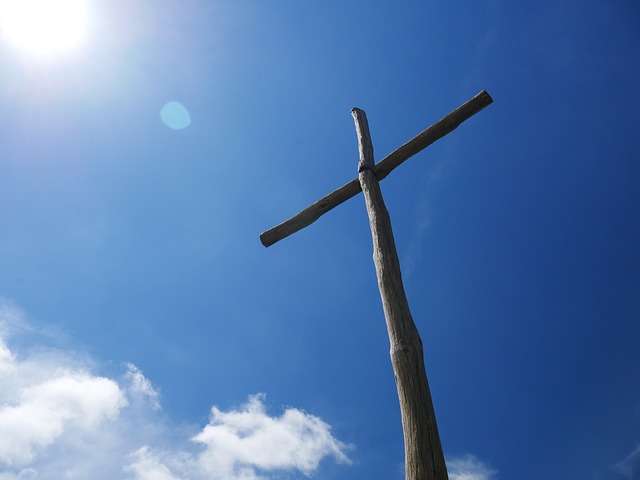Since the dawn of humanity, humans have sought to understand the origins of the world around them. Creation myths, as found in various world religions, offer profound insights into the cultural, philosophical, and spiritual beliefs of different civilizations. These myths are not just stories; they shape our understanding of existence, our place in the cosmos, and our relationships with the divine. In this blog post, we will embark on a captivating journey through creation myths from different world religions, exploring the diverse ways in which humanity has imagined the birth of the universe.
The Ancient Egyptian Myth of Creation
In ancient Egypt, the creation myth centers around the god Atum. According to the myth, Atum emerged from the swirling chaos of Nun, the primordial waters, and brought forth the land of Egypt by separating the waters. He then created other deities and humans from his own body, symbolizing a cosmic unity between gods and humanity. This myth highlights the profound connection between nature and divinity, as well as the cyclical nature of creation and destruction.
The Hindu Myth of Brahma’s Creation
Hinduism offers a creation myth rooted in the Rigveda, one of its oldest texts. In this myth, the god Brahma awakens from a cosmic lotus that emerges from the primordial waters. He then creates the world and all living beings, representing the interconnectedness of life and the divine. This myth emphasizes the idea of cyclic creation and destruction, echoing the continuous cycle of birth, death, and rebirth.
The Judeo-Christian Creation Story
Perhaps one of the most well-known creation myths comes from the Abrahamic traditions. In the Book of Genesis, God speaks the world into existence over a span of six days. Humans, Adam and Eve, are created in God’s image and are entrusted with stewardship over the Earth. This creation narrative sparks discussions about the origins of humanity, the nature of free will, and the responsibility of humans to care for the world they inhabit.
The Maori Myth of Rangi and Papa
The indigenous Maori people of New Zealand share a creation myth that highlights the interconnectedness of land, sky, and people. In this myth, Rangi (the sky father) and Papa (the earth mother) are locked in a tight embrace, and their children dwell in the darkness between them. The separation of Rangi and Papa by their offspring symbolizes the emergence of light and life into the world. This myth underscores the Maori’s deep connection to the land and their sense of responsibility as stewards of the Earth.

The Norse Creation Myth of Ymir and the World Tree
Norse mythology weaves a unique creation story centered around the giant Ymir. Ymir’s body forms the earth, sea, and sky, while the first gods, Odin, Vili, and Ve, shape the world from his remains. The world tree, Yggdrasil, connects the different realms of existence, serving as a cosmic axis. This myth reflects the Norse belief in a cycle of creation and destruction, highlighting the impermanent nature of all things.
The Aboriginal Dreamtime
Australia’s Aboriginal cultures hold diverse creation stories that collectively form the Dreamtime, a spiritual era when ancestral beings shaped the landscape and its inhabitants. These stories emphasize the symbiotic relationship between humans, nature, and the divine. The Dreamtime is not a distant past but an ongoing spiritual reality, reinforcing the Aboriginal peoples’ deep connection to the land and their ancestors. Visit BibleKeeper where you will find lots of great information and practical advice about creation myths in world religions.
Conclusion
Creation myths from around the world provide us with invaluable insights into the diverse ways in which humans have grappled with questions of existence, divinity, and purpose. These myths are not merely ancient tales; they continue to shape cultures, worldviews, and spiritual practices to this day. By exploring these myths, we gain a richer understanding of humanity’s shared journey of self-discovery and our profound connection to the mysteries of the universe. As we reflect on these stories, we are reminded of the universal human desire to make sense of our origins and our place in the cosmos, a journey that unites us across cultures and civilizations.









